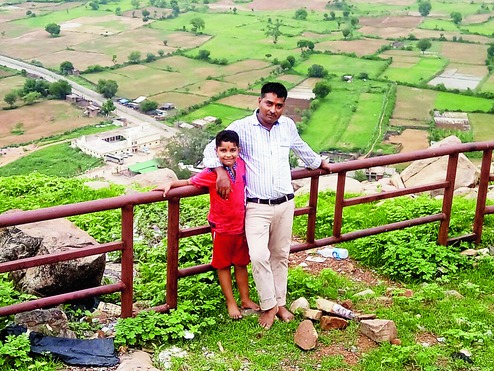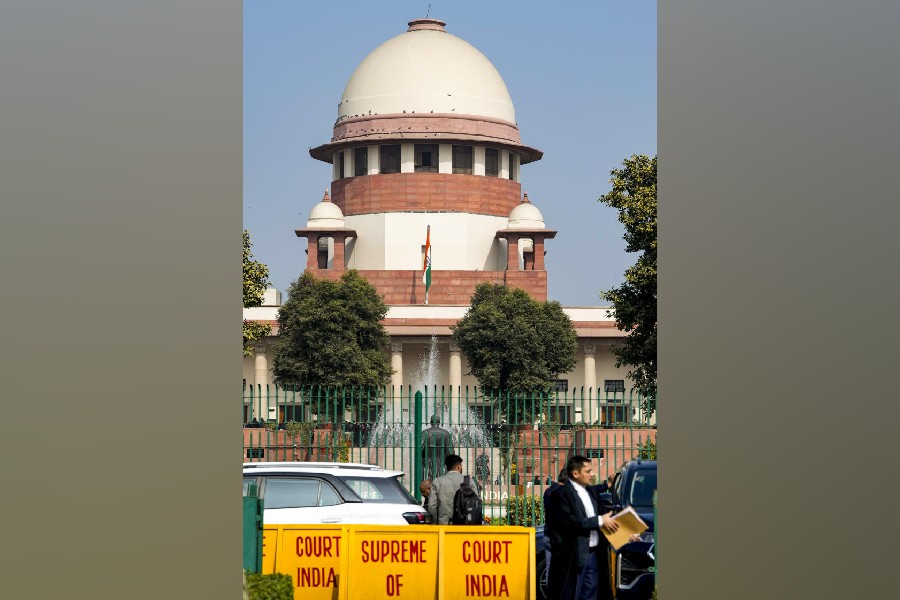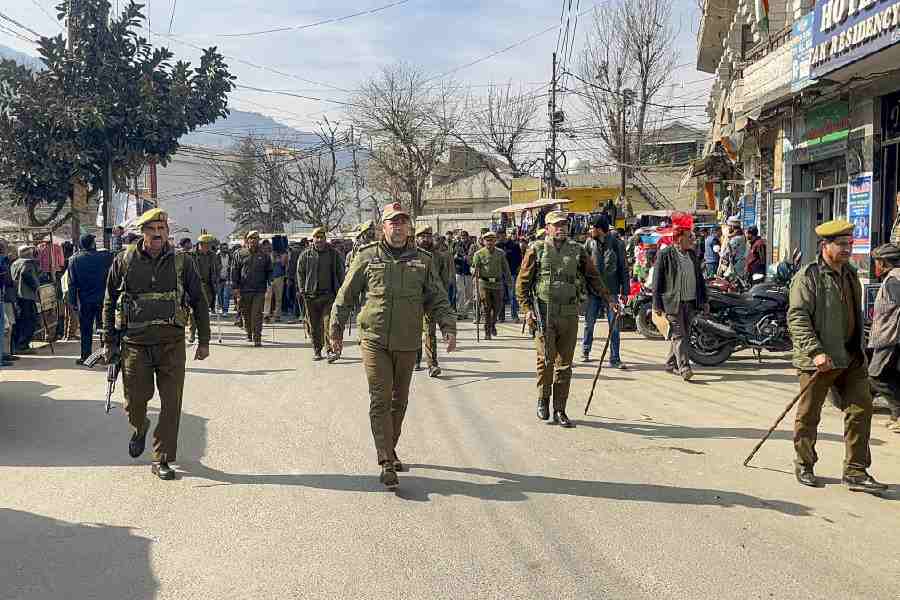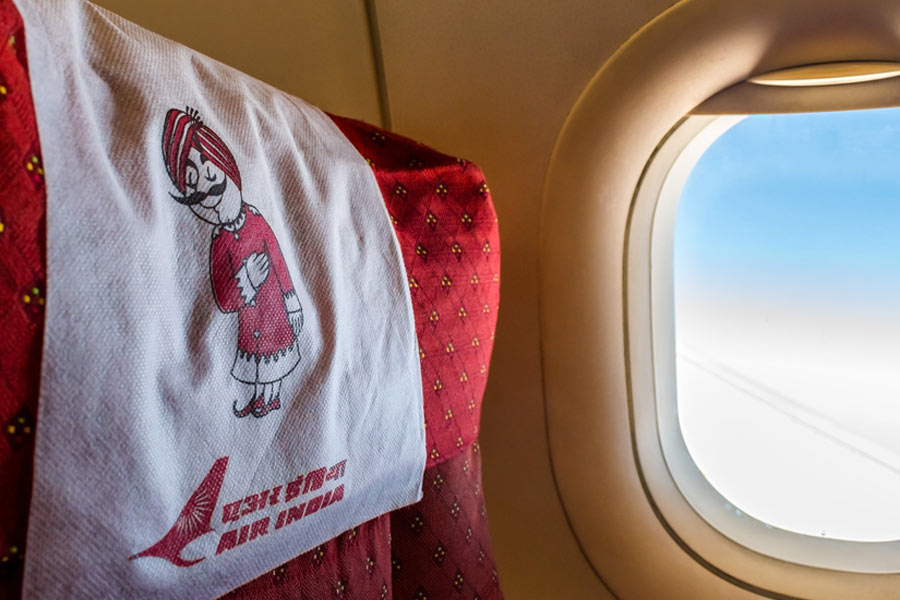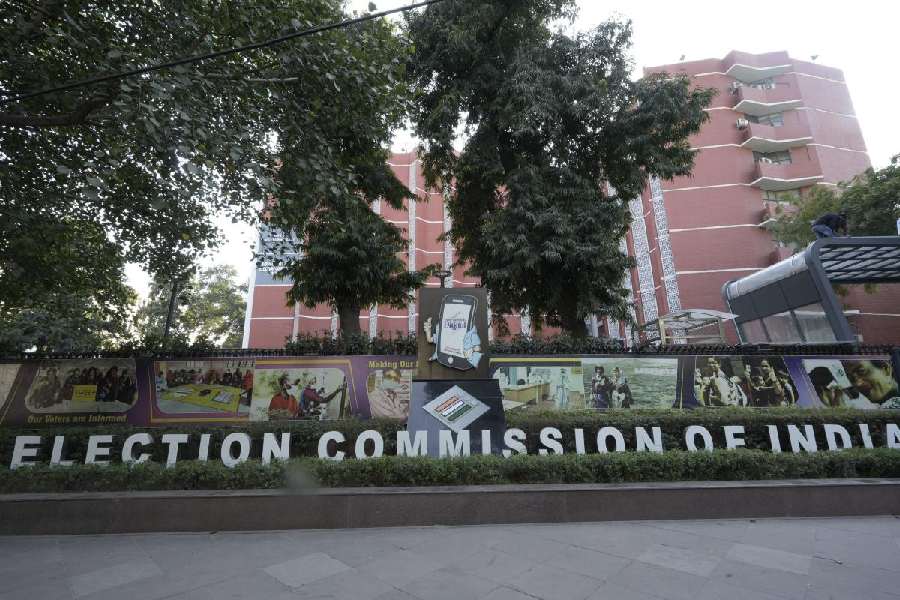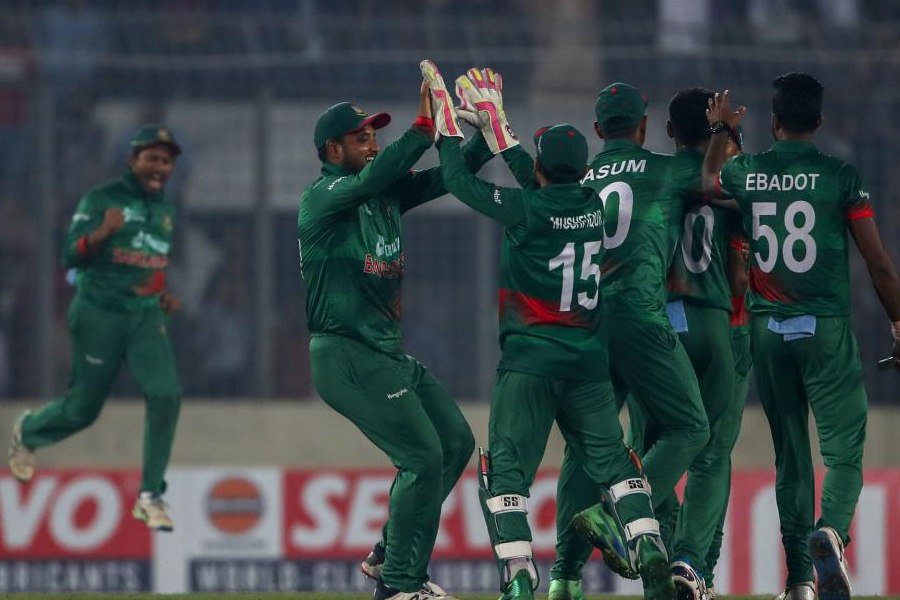

New Delhi: The father of an eight-year-old boy who died in a private hospital in Gurgaon last year from dengue complications said on Thursday the hospital had refunded the full billed amount of about Rs 15 lakh after appeals by an MP and the health ministry.
Public health activists said the refund had been made on condition that Gopendra Parmar withdraw the police complaint of overcharging he had filed against Medanta hospital, where his son Sourya spent 22 days.
Medanta officials and doctors were not available for comment. The Telegraph spoke twice during the day to a senior administrator in the hospital, who declined comment on the subject. Two other officials, one of them a senior doctor, did not respond to phone calls from this newspaper.
Health activists believe Parmar's case is unique because the intervention by the MP and the health ministry helped him get a settlement without him being muzzled.
Hospitals at times settle things through refunds but typically demand silence through non-disclosure agreements, said Malini Aisola, who is associated with the All India Drug Action Network (AIDAN), a consortium of physicians and patients' rights advocates.
The consortium organised a media conference to announce the development and iterate longstanding concerns that the government was not doing enough to curb exploitative pricing by some private hospitals.
Parmar, an agent for a government life insurance company, spoke at the media conference and said doctors at a government hospital in Rajasthan had advised him to take his son to a private hospital.
Parmar said he would never have come to Delhi had his son received treatment in Dholpur or Madhya Pradesh's Gwalior, 65km from the Rajasthan city.
Memories of Shourya's last four weeks - four days in a government district hospital in his hometown Dholpur, 18 hours at the Kamla Raja government hospital in Gwalior, then at the private facility Medanta in Gurgaon - continue to haunt Parmar.
He said on Thursday: "People like us suffer because the government doesn't give us reliable healthcare and doesn't stop private hospitals from looting patients."
Parmar said he had never heard of Medanta until the family was in an ambulance on its way from Gwalior to Delhi.
"Doctors in Dholpur themselves told me to take Shourya to a private hospital - they said we cannot rely on services in a government hospital," Parmar said. At the Gwalior hospital, Parmar recalled, Shourya was kept in ICU bed with three other children. "Who do we blame? The other two children were also someone's children."
Medanta admitted Shourya in an ICU and, while doctors struggled to manage his clinical complications and deteriorating illness, the bills for medications and treatment ballooned beyond Parmar's capacity to pay.
Parmar, who borrowed from his relatives and friends to pay the hospital bills, said that he had to mortgage his home. "At the time, I thought I was ready to live on the streets with my son with me - now, he's gone - and I think about what I can do for my wife Radha and my second son Sahdev," he said.
Parmar said he had received the full refund from Medanta hospital under a settlement initiated by Manoj Rajoria, the MP representing his hometown Dholpur, and facilitated by the health ministry.
"We're happy Shourya's family has received a refund - and we're grateful to the MP and the health ministry for making this happen," said Malini Aisola with the AIDAN). "However, we need an enduring solution to the problem of exploitation of patients by private hospitals," Aisola added.
An analysis by the National Pharmaceutical Pricing Authority, the government drug pricing regulatory, has shown that hospitals can make profits of over 1,200 per cent on medicines and medical devices, procuring at deep discounts and charging the maximum retail prices (MRPs) to patients.
Hospital administrators have earlier contended hospitals are not breaching any laws as long as they charge at or below MRPs. AIDAN concedes the government needs to act. "The government has the power to regulate prices of drugs, devices, and to fix reasonable costs on medical services," Aisola said.
Manoj Rajoria, Dhaulpur's MP and a qualified homeopathy doctor, visited Parmar's house. "He and his family have been under tremendous stress because of the death of the son and the loans they have taken from relatives and other people," Rajoria told The Telegraph.
Rajoria requested Union health minister Jagat Prakash Nadda to intervene on humanitarian grounds. Nadda's office conveyed the request to Medanta which agreed to the settlement, said a person familiar with the agreement.

